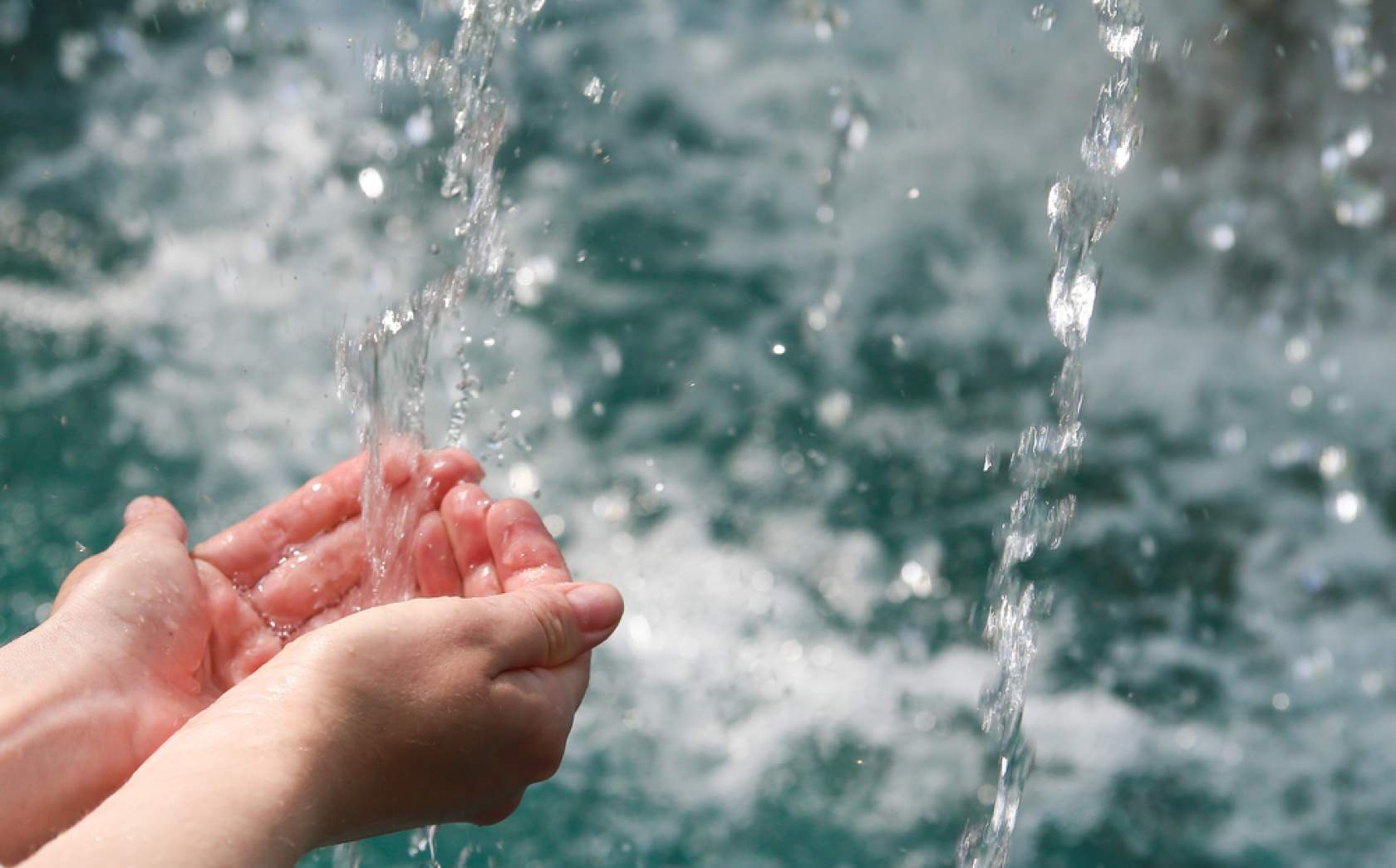Make sure your water sanitisation claims are real

Some important legal and ethical issues surrounding marketing in the pool and spa industry have been clarified.
Advertising and selling practices in the swimming pool and spa industry have evolved rapidly and now include the use of digital marketing platforms in the promotion of goods and services. This article has been prepared to provide awareness to the industry about good sales practices that lead to customer satisfaction and sustainable, long-term business success.
SPASA frequently receives information from consumers and industry stakeholders regarding marketing claims and compliance requirements for products that are either imported or manufactured locally and sold in the marketplace.
To ensure concerns are tabled and addressed in line with its Code of Ethics, SPASA engages members when such concerns are raised. This process also provides members with valuable feedback on how others may be interpreting their products and claims in the marketplace.
Advertising of swimming pool and spa water sanitation systems
Recently SPASA has received concerns about marketing claims associated with the advertising and selling of swimming pool and spa water sanitation systems. Examples of such marketing claims include inference to swimming pool and spa water as being “chemical free”, “chlorine free”, and in some cases being of “drinking water quality” and “safe to drink”. Different variations of this messaging have been used, which may lead consumers to form the view that their pool or spa water requires no chemicals, no maintenance and is safe for human consumption.
Is it safe to drink water from a swimming pool or spa?
Any claims relating to pool or spa water being “like tap water” and “safe to drink” should not be made unless if they are supported by scientific evidence and comply with the Australian Drinking Water Guidelines.
Unlike marketing puffery, which involves exaggerated, boastful, subjective claims that are used to entice customers into making purchases, any claim that impacts consumers’ health is a safety concern and requires anyone making it to provide compliance and other substantiating data in the event of someone falling ill.
Chemical-free and chlorine-free
Poorly maintained swimming pools and spas can create health risks for users. There are many illnesses that are transmitted by pool and recreational water that is contaminated with germs when it is swallowed or when people have contact with it or breathe it in as mist. These come from bacteria, viruses and parasites carried by people within their bodies and on their skin.
This requires proper disinfection and filtration of pool water to kill harmful microorganisms and remove other contaminants such as body fats, sunscreen, and soil, and is the reason why pool water needs to be adequately maintained to ensure that it is safe for swimmers.
As an innovative industry, consumers have a genuine demand for alternatives to traditional forms of sanitation like chlorine. However, claims relating to “chemical free” and “chlorine free” sanitation systems require scrutiny and transparency. For example, the following questions should be asked:
• Does the product, system, or technology use in either isolation or combination, chlorine, bromine, ioniser, UV light or any other primary sanitisation product?
• Does the product, system, or technology comply with the Australian Standard AS3633: Private Swimming Pools — Water Quality, and relevant Australian Pesticides and Veterinary Medicines Authority (APVMA) requirements?
Alignment of industry marketing in advertising of water sanitation systems
Under Australian Consumer Law legislation, it is illegal for a business to engage in conduct that misleads or deceives or is likely to mislead or deceive consumers or other businesses.
This law applies even in instances where there was no intention to mislead or deceive, and where no one has suffered any loss or damage attributed to the businesses’ conduct.
Examples of misleading or deceptive conduct include:
• Promotions or advertisements that include false or inaccurate information.
• Statements that fail to disclose important information.
• Information that conveys a false impression.
To ensure compliance, companies should consider the validity of claims being made in marketing messaging, whether direct or indirect, which infer that pool water is “safe to drink” or “chemical or chlorine free”.
This involves undertaking a scientific audit of relevant material to avoid the risk of misleading or deceptive conduct claims. As part of that review, companies may wish to refer to the Australian Competition and Consumer Commission’s Advertising and Selling Guide.
Contact: www.accc.gov.au




